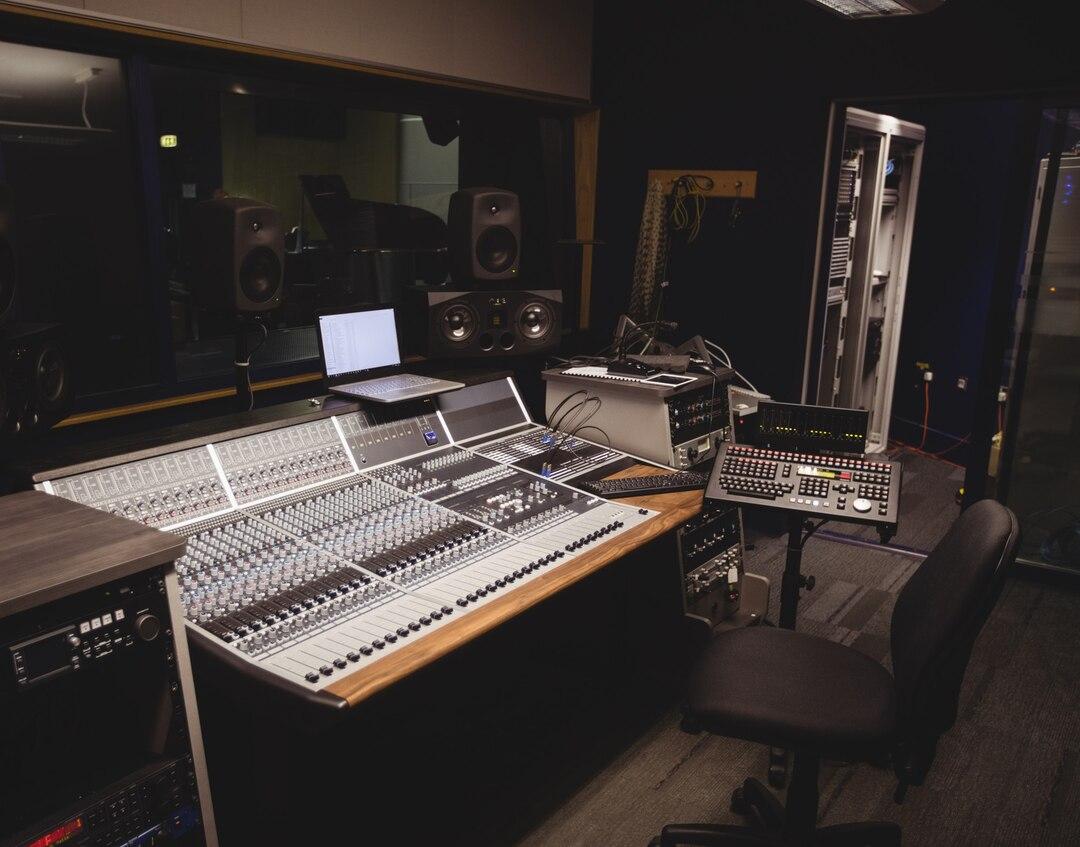London has long been the heartbeat of the UK’s music scene, nurturing generations of artists across every genre. For anyone pursuing their passion—whether an aspiring band, a solo singer-songwriter, or an experienced producer, the choice of where you practise and create is crucial. Rehearsal studios London are more than just spaces with instruments; they are the foundations of creativity, collaboration, and professional growth. Combined with the art of music production, they form the backbone of the industry, shaping sounds that connect with audiences worldwide.
Below, we explore ten essential aspects of finding and using rehearsal and production spaces effectively, highlighting the challenges, solutions, and benefits of supporting local studios.
Acoustics and Soundproofing
The challenge: Poor acoustics can ruin a session. Echo, outside noise, and unbalanced frequencies make rehearsals frustrating and recordings unusable.
Practical tips: When booking a studio, ask about acoustic treatment and soundproofing. A good studio should use diffusers, absorbers, and isolation panels. Visit in person if possible and clap or play a note to test the room response.
Example: Abbey Road’s Studio Two is famous not only for its history but for its outstanding acoustics, which contributed to iconic Beatles recordings. Local rehearsal spaces that prioritise similar treatment offer the same creative benefits at an accessible level.
Accessibility and Location
The challenge: A brilliant studio is no use if it takes two hours to reach or has no late-night transport options. London’s size can make travel a barrier for musicians.
Practical tips: Look for studios close to major tube or bus routes. Some rehearsal spaces even offer free parking, a rarity in the city. Booking platforms often allow you to filter by location.
Example: Pirate Studios has multiple locations across London, making it easier for artists in different boroughs to find a nearby space without sacrificing time or energy.
Affordability and Pricing
The challenge: High rental fees can put pressure on emerging artists. According to the Musicians’ Union, 56% of UK musicians earn less than £20,000 annually, so affordable rehearsal time is essential.
Practical tips: Compare packages, many studios offer discounted off-peak rates or loyalty schemes. Splitting costs among band members makes professional spaces more accessible.
Example: Some local South London studios offer “pay by the hour” rates starting at just £8, making it possible for grassroots artists to rehearse regularly.
Equipment and Technology
The challenge: Bringing your own gear can be exhausting, and outdated equipment slows down the creative process.
Practical tips: Choose studios that provide reliable backline equipment (drum kits, amps, keyboards) and check if maintenance is up to standard. For production, ensure digital audio workstations (DAWs) are updated and compatible with your workflow.
Example: Metropolis Studios not only provides world-class recording gear but also ensures rehearsal rooms are fitted with high-quality amps and kits, saving musicians time and effort.
Space for Collaboration
The challenge: Creativity often thrives in groups, but cramped rehearsal rooms make collaboration difficult.
Practical tips: Check room sizes before booking—larger studios are worth the investment if you’re a full band or need space for movement. For songwriting sessions, lounges or breakout rooms can encourage brainstorming.
Example: Tileyard London combines rehearsal spaces with creative lounges and co-working areas, allowing musicians and producers to collaborate beyond the studio walls.
Technical Support
The challenge: Not every artist is a sound engineer. Technical hiccups like faulty cables or feedback can waste valuable time.
Practical tips: Choose studios with on-site staff who can quickly fix equipment or troubleshoot sound issues. Even better, look for spaces that provide engineers to support your sessions.
Example: Many independent London studios pride themselves on hands-on support. At First Studios, engineers are often available to guide setup, ensuring artists can focus on their performance.
Creative Atmosphere
The challenge: Inspiration doesn’t flourish in bland or uncomfortable settings.
Practical tips: Visit potential studios and observe their vibe. Look for natural light, comfortable seating, and welcoming staff. A well-designed environment boosts morale and creativity.
Example: Strongroom Studios in Shoreditch is known for its vibrant, artistic interiors that stimulate creativity while maintaining professional sound standards.
Community and Networking
The challenge: Music can be isolating if you lack connections. Studios that operate in isolation miss the chance to create thriving creative communities.
Practical tips: Seek studios that host events, workshops, or open mic nights. Networking opportunities are invaluable for collaborations and future gigs.
Example: Roundhouse in Camden doesn’t just offer rehearsal space; it runs music programmes, creating opportunities for young artists to meet industry professionals.
Digital Integration
The challenge: In today’s digital-first industry, failing to integrate modern tools can limit reach.
Practical tips: Look for studios with cloud-based file sharing, livestreaming options, or integrated recording gear that connects directly to DAWs. This saves time and ensures easy collaboration even after the session.
Example: Some innovative London studios now allow artists to record rehearsals directly to USB or cloud storage, simplifying the transition from practise to production.
Supporting Local Studios
The challenge: Large corporate studios often dominate, but small independent spaces struggle to compete. Without community support, these vital hubs risk closure.
Practical tips: Whenever possible, book local rehearsal rooms and recommend them to others. Follow them on social media, leave positive reviews, and attend their community events.
Example: In recent years, grassroots venues across London have faced closures, yet community-backed studios like Brixton Hill Studios have survived and thrived by fostering strong local loyalty.
Conclusion
Choosing the right space is about more than just convenience—it’s about fuelling creativity, building networks, and supporting the local economy. By investing in professional rehearsal environments and embracing the tools of modern production, artists can refine their craft while strengthening the fabric of London’s music community.
When you next search for rehearsal studios in London or think about your journey into music production, ask yourself: how can I not only elevate my own sound but also support the spaces that keep London’s music culture alive? How can our community of musicians, producers, and fans ensure these creative hubs continue to thrive for generations to come?



